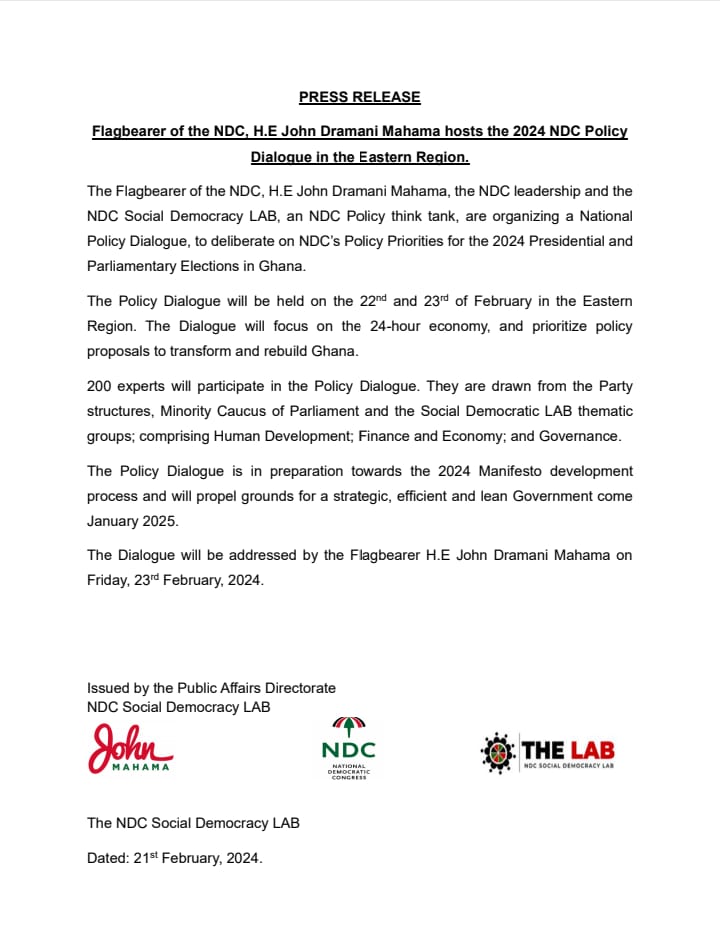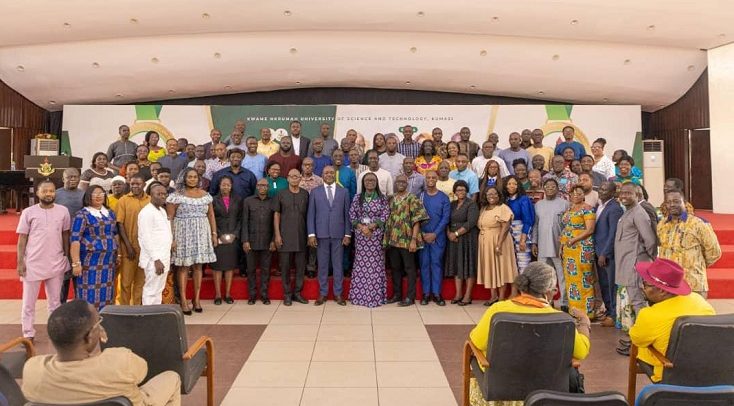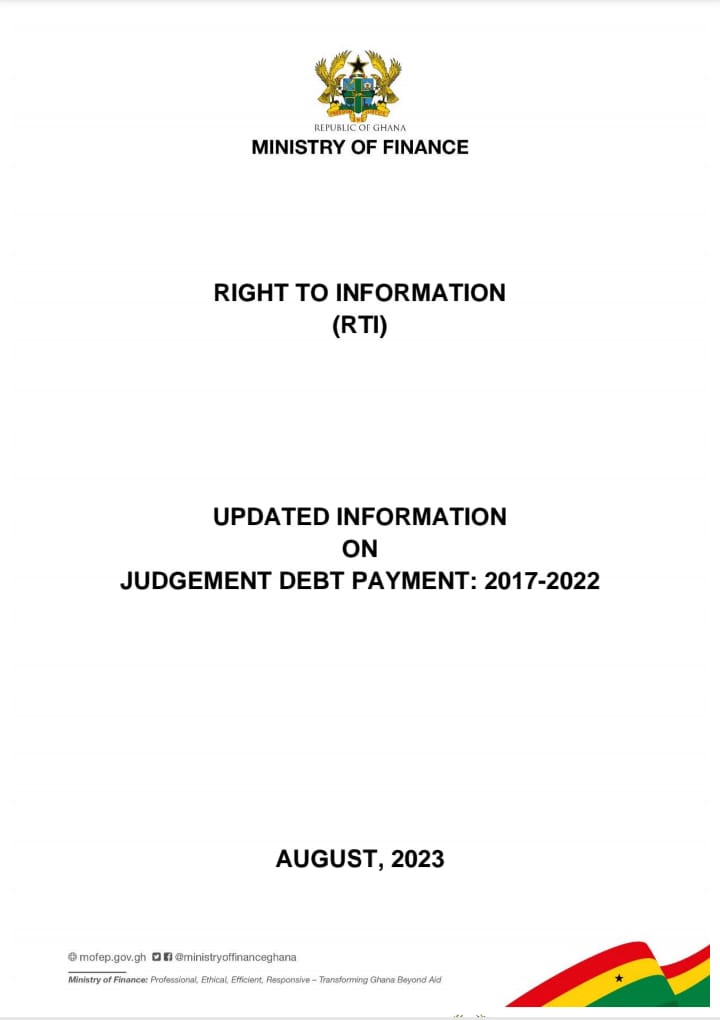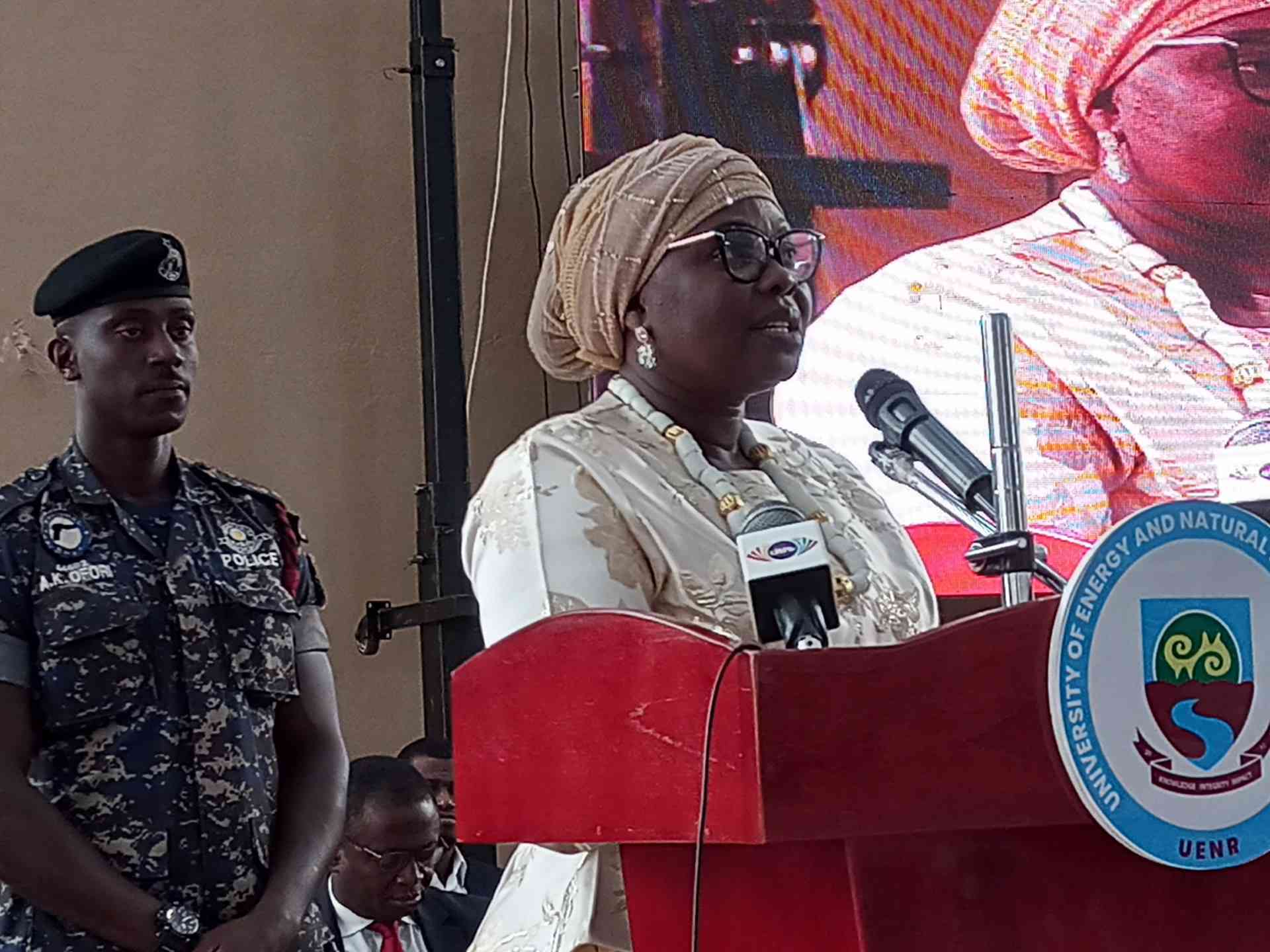
A Policy Dialogue Series for West Africa Civil Society actors (WAC-PoDiS) has taken place in Accra.
WAC-PoDiS is a tactical platform regularly used to convene civil society actors and development partners including government officials and agencies, private sector representatives, the Economic Community of West African States (ECOWAS) Commission, donor agencies and the academia.
The objective of the dialogue was to discuss, inform, guide and reach consensus on best practice and approaches to influence and monitor policy formulation and implementation processes on crosscutting development issues across West Africa.
The Dialogue assessed the current status quo of Civil Society Organizations (CSOs) in West Africa; how civil society actors could mobilize to reverse the negative trend of shrinking civil space and dwindling funding; what new collaborations within civil society and with other partners were needed and what strategies could be deployed to expand the existing space for more engagement and strengthening of civic voices.
Speakers at the Dialogue included Ms Levinia Addae-Mansah of the West Africa Network for Peace-building; Mr Mardi Jorbarteh of the Association of Non-Governmental Organizations, The Gambia; and Mr Ngolo Katta, Executive Director, Centre for Co-ordination of Youth Activists, Sierra Leone.
Ms Addae-Mensah, in a presentation, noted that donor funding for CSOs were dwindling in the face of tactical management requirements for CSOs with cost implications.
There was, therefore, the need, she said, to demand financial support from government.
For his part, Mr Mardi Jorbarteh recounted the challenges of restrictive laws in the Gambia which considerably drowned the voices of CSOs and rendered them ineffective vis-à-vis their role in promoting national development.
Mr Ngolo Katta, in his contribution to the debate, disclosed that CSOs in Sierra Leone were rendered ineffective due to restrictive legislation in the Sierra Leonean Constitution itself and that efforts were being made to amend aspects of the Sierra Leonean Constitution that could expand the space in which CSOs could operate freely and effectively in Sierra Leone, adding that CSOs should endeavour to self-regulate instead of allowing governments regulate their activities.
The meeting, organized by the West Africa Civil Society Institute (WACSI) on the theme: 'Shrinking Civic Space--Impact on civic voices and sustainable development in West Africa', also provided the platform to launch the CIVICUS Civic Space Monitor Platform-- the world's first online platform that provides near real-time updates on human rights violations and the status of civic space for every country in the world.
The CIVICUS Civic Space Monitor Platform is a trusted source for the latest news and analysis from local civil society sources and researchers from around the world, allowing activists, citizens, media, academics and decision-makers to track trends and find out if the fundamental freedoms of association, peaceful assembly and expression are being realized or threatened.
Addressing the opening session, Ms Nana Asantewa Afadzinu, Executive Director, WACSI, underscored the importance of the ability of citizens and organizations to actively engage with government.
Ms Afadzinu said the contribution of Civil Society to democratic development and consolidation as well as the overall development and well-being of the ordinary people in West Africa could only be effective when Civil Society was provided with an enabling environment to operate freely.
She expressed concern about the shrinking space within which Civil Society was currently operating worldwide, citing government restrictions targeted at hampering civic engagement and freedom of expression and association.
She warned that attempts at reducing civic space within national boundaries would impact negatively on the role of Civil Society and its effective operation, with serious consequences on deepening democracy and achieving the Sustainable Development Goals (SDGs).
She urged CSOs to be visible and credible in order not to attract mistrust and suspicion from government.
Source: ISD (G.D. Zaney)
Read Full Story


















Facebook
Twitter
Pinterest
Instagram
Google+
YouTube
LinkedIn
RSS